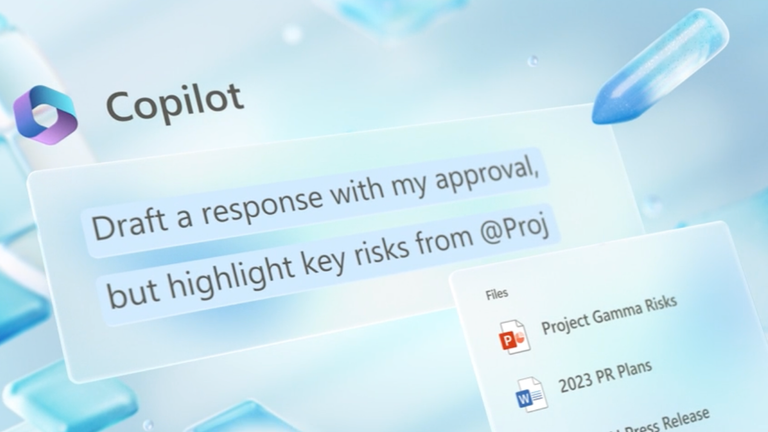In a move that could significantly impact the accessibility of advanced artificial intelligence, Microsoft announced it's providing free access to the GPT-4 Turbo model within its popular code completion tool, Copilot. Previously, this powerful language model, developed by OpenAI with whom Microsoft has a close partnership, was only available to paying Copilot Pro subscribers.
This decision grants everyone the ability to leverage GPT-4 Turbo's capabilities, which include generating more creative text formats, translating languages with superior accuracy, and writing different kinds of creative content. For programmers, the free access to GPT-4 Turbo translates to a potentially significant boost in productivity. The model can suggest more relevant code completions, identify and fix errors more efficiently, and even generate entire functions based on programmer input.
Analysts believe this move by Microsoft signifies a strategic shift towards democratizing access to cutting-edge AI tools. By placing this powerful language model in the hands of a wider user base, Microsoft is not only fostering innovation but also potentially gathering valuable data on how GPT-4 Turbo performs in real-world scenarios. This data can then be used to further refine the model and maintain its competitive edge.
However, some experts caution that increased accessibility doesn't automatically equate to responsible use. While GPT-4 Turbo offers undeniable benefits, it's still susceptible to biases present in its training data. This means users need to be aware of these potential shortcomings and exercise critical thinking when interacting with the model's outputs. Additionally, the free tier may have limitations compared to the paid Pro version, potentially including limitations on processing power or access to specific features.
Despite these considerations, Microsoft's decision to make GPT-4 Turbo free within Copilot is a significant development in the field of AI. It opens doors for a wider range of users to experience the power of advanced language models and potentially revolutionize the way people interact with computers. The impact of this move will likely be felt across various industries, from software development to content creation, and its long-term ramifications remain to be seen.

